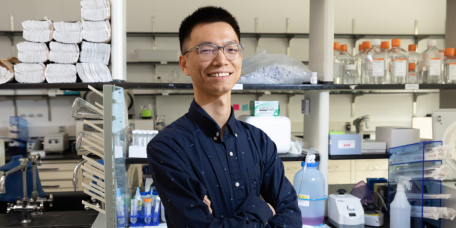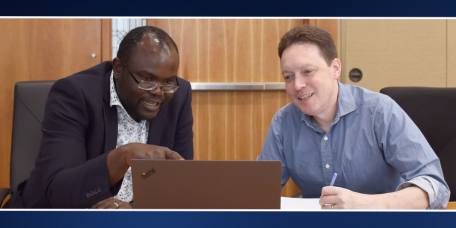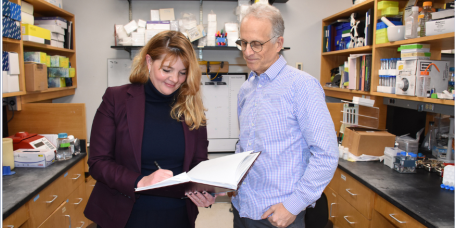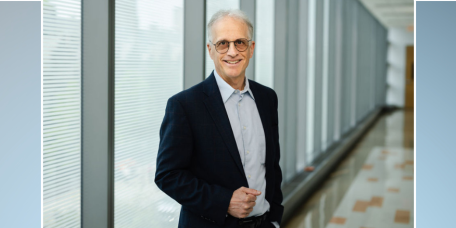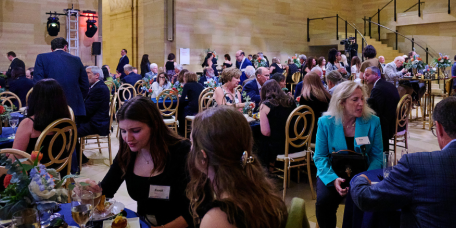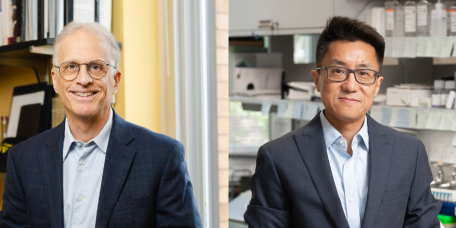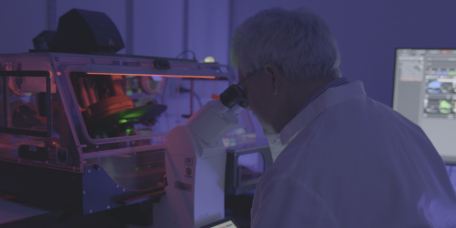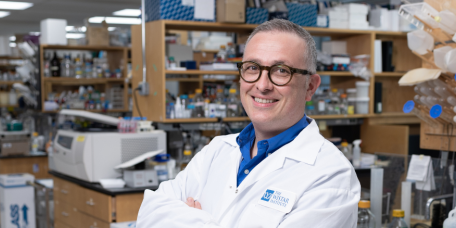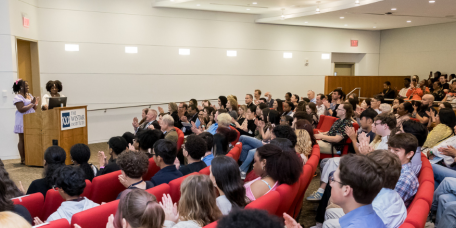The Wistar Institute
Wistar Institute Researchers Discover New Combination Therapy Approach for Metastatic Ovarian Cancer
PHILADELPHIA — (November 21, 2024) — The Wistar Institute’s Nan Zhang, Ph.D., assistant professor in the Ellen and Ronald Caplan Cancer Center’s Molecular and Cellular Oncogenesis Program, and lab have discovered a new approach to treating ovarian c…
Collaboration between The Wistar Institute and Cameroon Researchers Reveals HIV Latency Reversing Properties in African Plant
PHILADELPHIA — (November 19, 2024) — A collaboration between The Wistar Institute and the University of Buea in Cameroon has uncovered the mechanisms for a medicinal plant with anti-HIV potential in Croton oligandrus Pierre & Hutch, a species of Afr…
Chronic Disease and Corgis: The Varied Interests of Wistar’s Dr. Samantha Soldan
Infectious disease specialist & senior scientist in Wistar’s Lieberman lab, Dr. Soldan studies the connection between M.S. and Epstein Barr Virus. She is most intrigued with how the body responds to disease—why sleeping viruses reactivate, how a…
Mono, Multiple Sclerosis, and Cells That Live Forever: Wistar’s Dr. Paul Lieberman on Progress in EBV Research
Paul M. Lieberman, Ph.D., is leader of the Genome Regulation and Cell Signaling Program at the Ellen and Ronald Caplan Cancer Center. He studies how certain viruses, such as Epstein-Barr virus, establish a long-term latent infection that can lead to…
Maureen Murphy, Ph.D., of The Wistar Institute Named 2024 Woman of Influence
PHILADELPHIA — (October 11, 2024) — In the latest issue of The Philadelphia Business Journal, The Wistar Institute’s Maureen Murphy, Ph.D. — Deputy Director of the Ellen and Ronald Caplan Cancer Center and Ira Brind Professor & Program Leader of the…
The Wistar Institute Celebrates Bold Science // Global Impact Campaign Success
The Wistar Institute celebrated the most successful fundraising campaign in its history with an evening reception at the Philadelphia Museum of Art. Donors, board members and Wistar staff gathered in the soaring, Frank Gehry designed Williams Forum…
Breaking Down the Science: Wistar’s New Genome Regulation and Cell Signaling Program in the Ellen and Ronald Caplan Cancer Center
Upon the launch of The Wistar Institute’s new Genome Regulation and Cell Signaling Program, we sat down with the Program’s leader — Hilary Koprowski, M.D., Endowed Professor Paul M. Lieberman, Ph.D. — and co-leader, professor Bin Tian, Ph.D., to lea…
New Ways of Seeing at Wistar
A contemporary of Isaac Newton, Robert Hooke, was a pioneer in the field of microscopy. Some say that Hooke coined the word “cell” based on his study of plants. Like Newton, Hooke’s body of work influenced scientific inquiry, and some aspects of his…
Wistar Scientist Coaches Trainees on Importance of Communication
Italo Tempera, Ph.D. — associate professor and associate director for Cancer Research Career Enhancement at The Wistar Institute’s Ellen and Ronald Caplan Cancer Center — hosted a workshop for Wistar postdoctoral trainees on the principles of effect…
The Wistar Institute Recognizes 58 Students Completing Summer Education & Training Programs
The Wistar’s Institute’s Caplan Auditorium was filled to capacity to recognize 58 students who had completed one of Wistar’s four summer Education and Training programs. The event – the culmination of months of class work and laboratory training – r…
